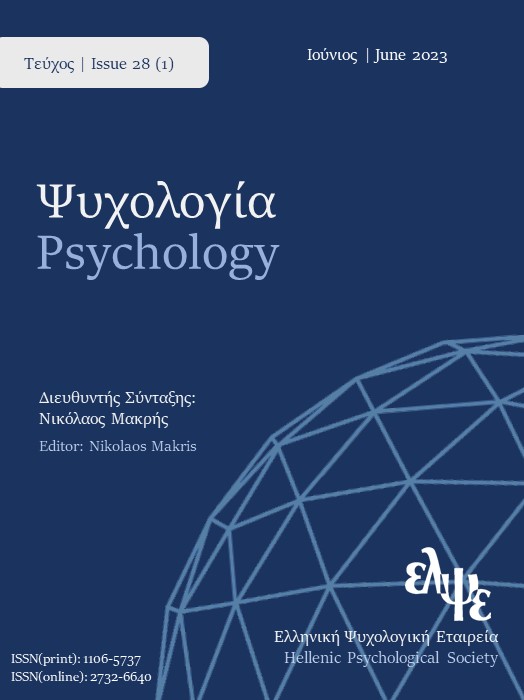“You can be the kind of woman that you are”: the discursive management of intersecting identities in leadership talk

Abstract
The present study investigates how culturally and linguistically diverse (CALD), and Aboriginal and Torres Strait Islander (ATSI) women mobilize intersecting identities through speeches delivered during women in leadership forums. As more women aspire to positions of leadership, the discursive analysis of identity management for understanding how identities are made relevant is critical. Using a discursive psychological approach, this research examines intersectionality as a social action, as it is played out in practice rather than as a theoretical concept. Here it is being anchored to empirical data to explore how it operates in the broader context of leadership talk, in particular, how diverse women represent themselves as leaders and what key identities emerge. The analysis demonstrates that in accounting for how these women achieved leadership positions, the speakers used their multiple identities as strategic resources. These identities included the categories of race, culture, gender, and parenthood. The insights from this study are significant as they shed light on the persisting barriers for women in achieving equal opportunity.
Article Details
- How to Cite
-
Corpuz, E., Augoustinos, M., & Due, C. (2023). “You can be the kind of woman that you are”: the discursive management of intersecting identities in leadership talk . Psychology: The Journal of the Hellenic Psychological Society, 28(1), 8–23. https://doi.org/10.12681/psy_hps.31495
- Section
- SPECIAL SECTION

This work is licensed under a Creative Commons Attribution-ShareAlike 4.0 International License.
The journal PSYCHOLOGY adopts a Platinum open-access policy. Submission, processing or publication costs are waived by the Hellenic Psychological Society. Papers published in the journal PSYCHOLOGY are licensed under a 'Creative Commons Attribution-ShareAlike 4.0 International' licence. The authors reserve the copyright of their work and grant the journal the right of its first publication. Third-party licensees are allowed to use the published paper immediately after publication as they wish, provided they retain the defined by the license copyright formalities, regarding the reference to its author(s) and its initial publication in the journal PSYCHOLOGY. Moreover, any adjusted work should be shared under the same reuse rights, so with the same CC license.


